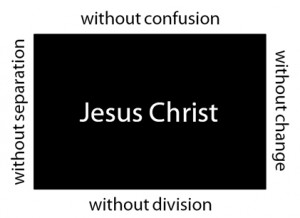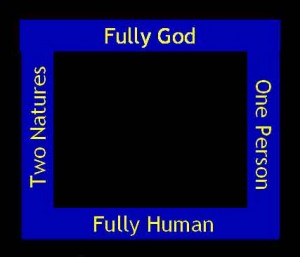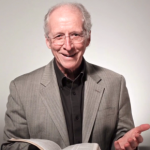 Dr. Sinclair Ferguson, Sufficiency, Finality of Scripture” writes:
Dr. Sinclair Ferguson, Sufficiency, Finality of Scripture” writes:
If God has given us the Scriptures to be the canon or rule for our lives, it follows that we must regard them as the supreme authority for our lives. Paul tells us that they are ‘breathed out’ by God. There can be no more authoritative word than one that comes to us on divine breath.
The Scriptures are also a sufficient authority for the whole of the Christian life. They are ‘profitable for teaching, for reproof, for correction, and for training in righteousness, that the man of God may be competent, equipped for every good work’ (2 Tim. 3:16).
The Scriptures do not tell us everything about everything. They provide no instruction about computer programming, or how best to organise a library, the correct way to swing a golf club, or how to play chess. They do not tell us how far away the sun is from the earth, what DNA is, how best to remove an appendix surgically, the best coffee to drink, or the name of the person we should marry.
That is not an expression of any deficiency on their part. For there is a focus and a goal to the sufficiency of the Scriptures. Everything I need to learn in order to live to the glory of God and enjoy him forever I will find in the application of Scripture.
Yet this narrow focus broadens out into everything. For one thing, Scripture teaches us something about everything. Since the Bible gives us grounds for believing we live in a universe, Christians understand that everything has the characteristic of createdness, of derivativeness, and also that everything fits into the grand design of God.
So Scripture is sufficient to give me a rational ground for thinking about anything and everything on the assumption that this world and everything in it make sense. Further, no matter what my calling or abilities, the Scriptures are sufficient to teach me principles that will enable me to think and act in a God-honouring way when I am engaged in any activity or vocation.
Inerrancy
In this context it is appropriate for us to ask an important and much debated question: If Scripture is our final authority, exactly how reliable is it as the authority on which we should base the whole of our lives? Continue reading

 Matthew 24:36 says, “But concerning that day and hour no one knows, not even the angels of heaven, nor the Son, but the Father only.”
Matthew 24:36 says, “But concerning that day and hour no one knows, not even the angels of heaven, nor the Son, but the Father only.” These are intentionally very precise theological statements. It is vitally important we get this right. Heresy awaits all who would veer from this safe biblical position. At Chalcedon it was affirmed that Christ was “perfect/complete in Godhood also perfect/complete in manhood, truly God and truly man.”
These are intentionally very precise theological statements. It is vitally important we get this right. Heresy awaits all who would veer from this safe biblical position. At Chalcedon it was affirmed that Christ was “perfect/complete in Godhood also perfect/complete in manhood, truly God and truly man.” In the Incarnation, the second person of the Godhead became a man. Colossians 2:9 says, “For in him the whole fullness of deity dwells bodily.”
In the Incarnation, the second person of the Godhead became a man. Colossians 2:9 says, “For in him the whole fullness of deity dwells bodily.”